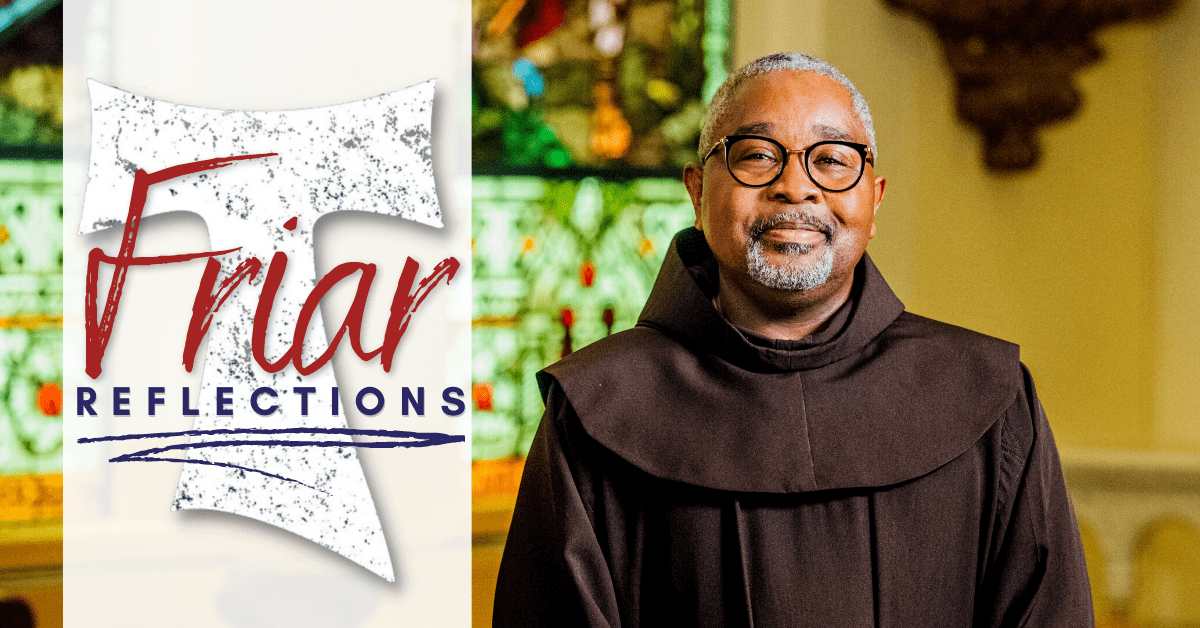
Dear Parishioners,
I’m writing to you on the eve of Ash Wednesday, dubbed “Fat Tuesday,” a day to celebrate before the Lenten season. Many of us will have been thinking about what we’ll give up for Lent on Fat Tuesday, potentially indulging one last time in what will be sacrificed for the next six weeks, whether it’s a common vice like chocolate or wine, or something a bit more procedural. I hear some folks try to give up cursing, though I also hear that is one of the more difficult options.
Any of these would be great to forgo during Lent, but what if we considered some more emotional or introspective options, like gossiping, lying, cheating, stealing or being selfish. These are options which will cause us to truly evaluate ourselves, asking if we are truly being an imitator of Christ. Lent is a time for us all to spend in prayer, fasting and charity.
Prayer, an act of supplication or intercession directed towards God, can be healing and aid in our attempts to stick with our sacrificial commitments for the season. Through prayer we deepen our relationship with God. We see Jesus doing this throughout the New Testament, always seeking the Father before and after a healing. We, too, should seek the reassurance and refreshing shelter of God through prayer.
Our Lenten fasting does not have to focus on food alone. Abstaining from entertainment, like television and social media, can have quite an impact. However, the traditional view of fasting might sound sensational today, especially compared to the culture and norms during Jesus’ time. It was odd for a religious person not to fast. John the Baptist, who prepared the way for Jesus, often fasted. Jesus also teaches his disciples how to fast in the Sermon on the Mount, specifically telling them not to make a show of their fasting. Christians shouldn’t fast to look pious or religious. Fasting is a practice of humbling ourselves before God. Fasting isn’t about how God responds to our prayers, but how we bring our prayers to Him.
Charity is defined as the highest form of love, signifying the reciprocal love between God and man that is made manifest in unselfish love of one’s fellow men. Paul says in 1 Corinthians 13, “If I have all things and yet do not have love, I’m nothing.” In a general sense, showing love, benevolence, good will, and a disposition of heart will incline others to think favorably of their fellow human being, and to do them good in turn. In a theological sense, it includes love of God, and universal good will to all. Over the years, the definition of Lent in the homilies I have given has changed from the simple thought to sacrificing something for forty days, to the thought of giving it up for good. The question I ask of myself is “What I am giving up and how will it cause me to grow in my relationship with God and my fellow neighbor?” I invite you to ask yourself this same question.
My brothers and sisters, it is my hope and prayer that this Lenten season truly becomes an awakening experience of God in our lives by our prayer, fasting and charity.
Peace and all good,
Friar Henry




